Temporary Imports in Switzerland under Strict Customs Surveillance: Rules, Practices, and Legal Framework
Temporary imports, subjected to a specific customs regime, represent a critical aspect of international trade. These imports, not intended for free circulation within the Swiss territory, are governed by a set of strict rules, controls, and procedures established by the customs authorities. This intricate framework aims to ensure the traceability, integrity, and re-exportation of the concerned goods.
Customs Regime Under Surveillance: Controls and Processes
The process of temporary importation is framed by a series of surveillance and clearance protocols. The opening-surveillance-clearance constitutes the backbone of this regime. Before any temporary importation, the intent to re-export the goods must be explicitly stated. Moreover, a guarantee of the identity of the imported goods is required, including a detailed list with precise descriptions, photos, and a complete inventory.
In certain cases, a streamlined taxation process is applied, particularly for specific equipment or tools. The opening and clearance are then automated for these items. Furthermore, an authorization for simplified passage is granted in accordance with the provisions of section 3.11 of regulation 10-60 governing the temporary admission regime.
Legal Framework and Regulatory Basis
Several legal texts govern temporary imports. Among these, article 23, paragraph 3 of the LTVA mentions possible exemptions, while articles 9 and 58 of the LD on temporary admission define the conditions and limitations of this regime. Article 54, paragraph 1, letter d highlights the calculation basis, allowing for a determinative consideration charged to an independent third party, provided that the tax is significant, for temporarily imported goods leased to third parties located in Switzerland.
Regulations 10-60 and 69-10 play a major role in the legal framework of temporary imports. They detail the procedures, controls, and conditions to which these imports are subject, ensuring consistency in the application of customs regulations.
Temporary imports, governed by a specific customs framework, are essential for international trade. These practices, subject to stringent controls and a specific legal framework, guarantee the traceability, re-exportation of goods, and the integrity of transactions. It is imperative for international trade stakeholders to understand and adhere to these rules to avoid any issues or disputes related to these specific imports.
Contact us to begin your initial consultation now. We would be delighted to get to know you and define the next steps to appoint the tax representative for your company in Switzerland.
Fill out our contact form or call us at +41(0)22 566 82 44.

